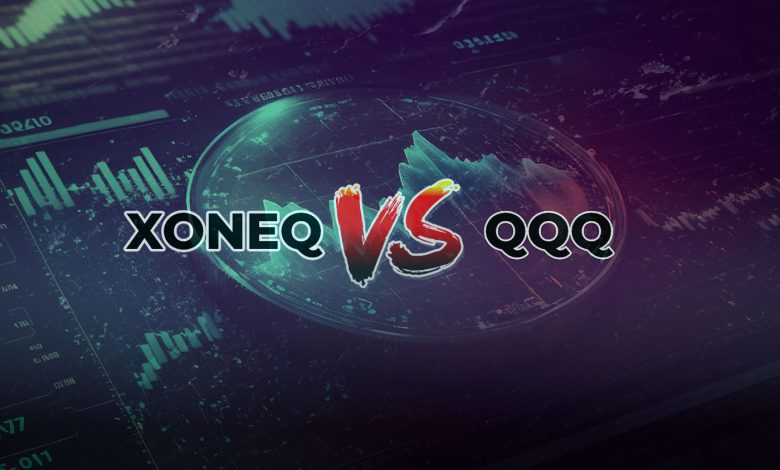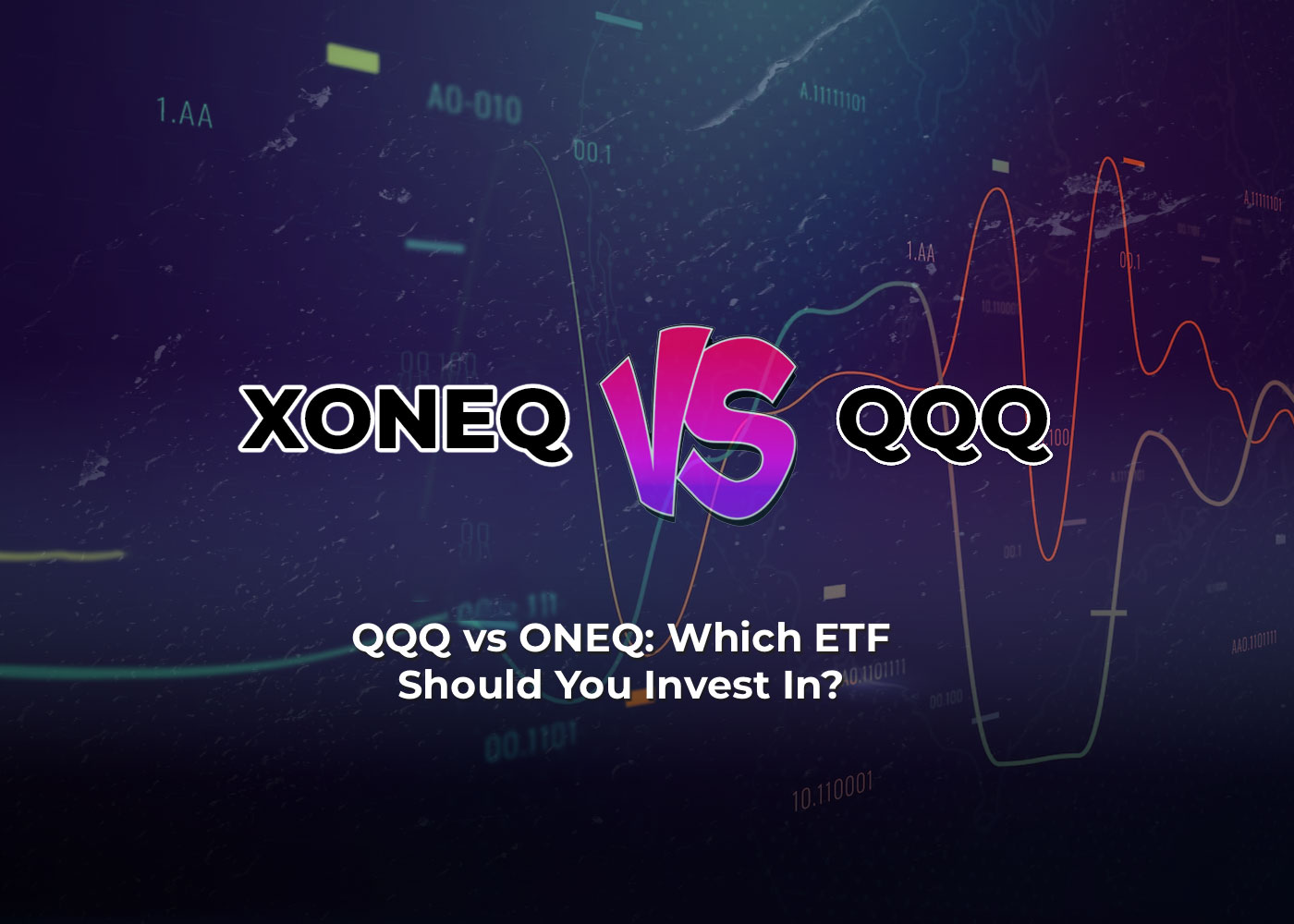QQQ vs ONEQ: Which ETF Should You Invest In?
Are you sure you are backed by the right option depending on your investment objective? Different ETFs or exchange-traded funds offer investors diversified exposure to a specific market or sector. These popular investment vehicles can sometimes be very successful, but they can also offer average gains or flat returns.

Are you sure you are backed by the right option depending on your investment objective? Different ETFs or exchange-traded funds offer investors diversified exposure to a specific market or sector. These popular investment vehicles can sometimes be very successful, but they can also offer average gains or flat returns. Therefore, choosing the right ETF can vary depending on your investment goals and objectives. We believe that the QQQ vs QNEQ comparison, which has been frequently asked about recently, will be extremely important in this sense. For this reason, we thought it would be a good decision to make a detailed comparison for you.
What is Invesco QQQ Trust?
QQQ is an ETF that tracks the performance of the NASDAQ-100 Index and invests in a range of US technology and internet-related companies such as Apple, Microsoft, Amazon and Facebook. QQQ has a low expense ratio of 0.20% and a diversified portfolio of more than 100 holdings. Over the last decade, it has returned an average annualized return of around 20%.
It is safe to say that this figure is extremely successful, especially when it comes to the future of technological companies.
What are the Advantages of QQQ?
Diversification in the technology and internet-related sector is considered to be its biggest success. Apart from that, its low expense ratio and the fact that it invests in many successful holdings are among its main advantages.
What are the Cons of QQQ?
The fact that it concentrates only in technology and internet-related companies is considered to be a disadvantage as well as an advantage. Apart from this, the investment option also comes to the fore due to higher volatility due to the cyclical nature of the sector.
What is Fidelity Nasdaq Composite Index Tracking Stock?
ONEQ tracks the performance of the Nasdaq Composite Index and invests in a wide range of US companies across a variety of sectors, including technology, healthcare and consumer discretionary. ONEQ has a low expense ratio of 0.21% and a diversified portfolio of more than 2,500 holdings. Over the last decade, ONEQ has delivered average annual returns of around 17%.

What are ONEQ’s Advantages?
This is a fund that continues to work outside of technology. For this reason, diversification across various sectors is its biggest advantage. As with QQQ, it is also important that it offers a low expense ratio and the opportunity to invest in a large number of holdings.
What are the Disadvantages of ONEQ?
It is important to note that ONEQ offers lower return potential compared to QQQ due to its lower concentration in technology and internet-related companies and lower concentration in high-growth sectors.
General Comments on QQQ vs ONEQ
It should also be noted that it would be more accurate to examine the information on QQQ vs QNEQ here head by head.
Asset allocation and diversification: QQQ focuses on technology and internet-related sectors, while ONEQ offers a broader diversification across various sectors.
Risk and volatility: QQQ can be more volatile due to its concentration in high-growth sectors, while ONEQ can provide more stable returns due to its diversification.
Investment goals and objectives: QQQ is suitable for investors seeking to concentrate in high-growth sectors, while ONEQ is suitable for investors seeking exposure to broader market risk.
Historical performance: QQQ has outperformed ONEQ over the past decade, but past performance is no guarantee of future results.
Analyzing the Funds’ Overall Performance
First of all, we can compare these funds by year as follows. The information contained herein is by no means about the superiority of one fund over another. It is only important for you to understand the fundamental differences.
QQQ has delivered higher returns than ONEQ over the last decade. However, ONEQ has a more stable risk-adjusted return due to its diversification.
QQQ provides concentrated exposure to technology and internet related sectors. Apart from that, ONEQ offers broader diversification across various sectors. Both ETFs have low expense ratios and a large number of assets.
What Are Other Factors to Consider About the Funds?
First, there are the tax implications. The tax implications of QQQ and ONEQ may differ depending on their structure and investment strategies. Apart from this, fund management and structure is also an extremely important topic. QQQ is managed by Invesco while ONEQ is managed by Fidelity.
Availability and accessibility is also an extremely important aspect of investing in a fund. Both ETFs are widely available through online brokers and trading platforms.
How Can You Decide Which One to Choose?
- It’s important to remember that when choosing an ETF, consider the following:
- Your risk tolerance and investment objectives
- Your investment time horizon
- Your personal preferences and values
Both QQQ and ONEQ are excellent ETFs that provide low-cost and diversified exposure to the US equity market. QQQ offers concentrated exposure to the technology and internet-related sector, while ONEQ provides broader diversification across various sectors. Consider your investment objectives, risk tolerance and desired diversification when choosing between these ETFs.




